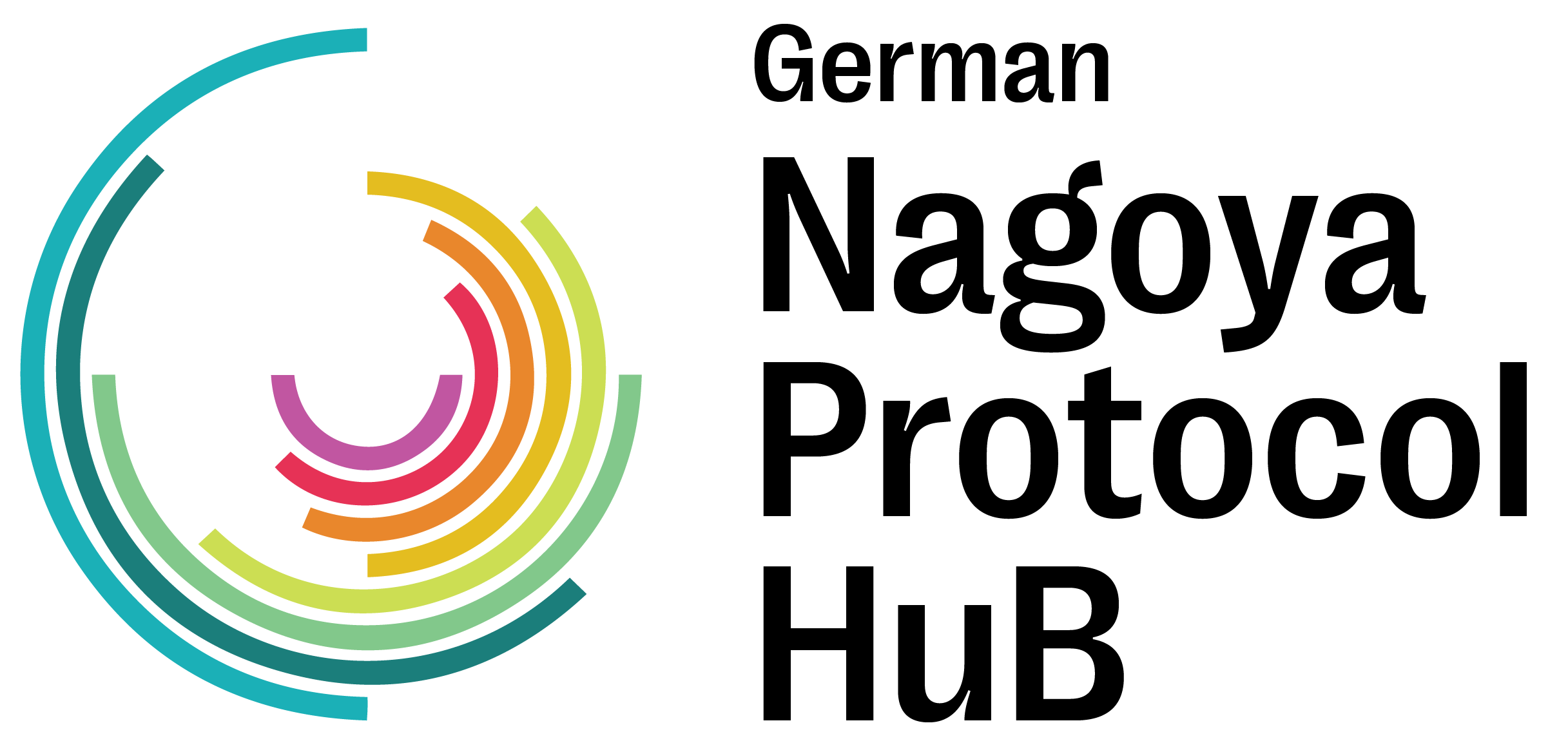PRIVACY POLICY
Thank you for your visit to our website and your interest in the German Nagoya Protocol HuB (GNP HuB).
The GNP HuB is based at the Leibniz Institute DSMZ-German Collection of Microorganisms and Cell Cultures GmbH (DSMZ GmbH). The protection of your personal data and your privacy whilst using the GNP HuB network presence is important to us – in accordance with the General Data Protection Regulation (hereinafter “GDPR”). Please take note of the information provided below. The terms we are using below are based on Article 4 of the GDPR.
Anonymous data collection
You can visit the GNP HuB website without telling us who you are. We only obtain data automatically sent to us by your browser, in particular the name of your internet service provider, country, the page on the internet from which you are visiting us, the pages you are visiting and when you do so. We count, for example, the number of times content is accessed and the number of times our contact form is completed. We need this information to maintain the function of our website and for the continuous development of the website content. The data are evaluated for statistical purposes using analytical tools such as Matomo. As an individual user, you remain anonymous because the last octet of your IP address is removed.
Collection and processing of personal data
Personal data are only collected if you provide them to us upon your own initiative, i.e. when you fill in our contact form. These data will only be collected, processed and used for the stated purpose (see Article 6 GDPR) and in accordance with the applicable legislation. Any exceptions may only made with your consent (see in particular Article 6 in conjunction with Article 7 GDPR). For example, when making an enquiry or adding yourself to the GNP HuB mailing list, you will be asked for your name, your institution and contact details.
According to Article 7 paragraph 3 GDPR, consent, once given, can be revoked at any time with effect for the future, provided that there are no legal requirements for the collection and storage of your data. Your data will be deleted once they no longer serves the fulfillment of the purpose and once the period of the legal storage obligation has expired.
Use of Cookies
In addition to the aforementioned data, cookies are stored on your computer when you use our website. They help make internet offerings overall more user-friendly and effective. Cookies are small text files that are stored on your hard drive and that are assigned to the browser you are using. They provide certain information to the entity that sets the cookie but they cannot execute programs or transmit viruses to your computer.
This website uses the following types of cookies, whose scope and function are explained below:
- Transient cookies (see a.)
fe_typo_user (current session ID – technical necessary)
_pk_ses.* (web analysis software ‘Matomo’ – marketing cookie) - Persistent cookies (see b.)
cookieConsent (decision to accept marketing cookies, lifetime 1 year – technical necessary)
_pk_id.* (web analysis software ‘Matomo’, lifetime 1 year – marketing cookie)
- Transient cookies are automatically deleted when you close the browser. These include in particular session cookies. These storewhat is known as a session ID, with which various requests from your browser can be assigned to a common session. This permits your computer to be recognized when you return to our website. Session cookies are deleted when you log out or close the browser.
- Persistent cookies are automatically deleted after a specified period, which may differ depending on the cookie. You can delete the cookies at any time from within the security settings of your browser.
- You can configure your browser setting to match your preferences and e.g. decline to accept third-party cookies or all cookies. “Third-party cookies” are cookies that have been set by a third party and therefore not by the actual website which you currently are on. Please note that disabling cookies may not enable you to use all features of this website.
- If you gave us your consent to set marketing cookies, you can activate or deactivate your cookie consent here.
Security measures
Your data are processed confidentially by trained employees of DSMZ GmbH; no data are passed on to third-party companies or third countries. The institute attaches great importance to compliance with security standards regarding IT and access control to our premises . In particular, we and our contractors also use technical and organizational security measures to protect the data from manipulation. These measures are constantly updated and improved. Our contractors for network services are:
- Helmholtz Center for Infection Research GmbH (Inhoffenstraße 7, D-38124 Braunschweig)
- Gärtner Datensysteme GmbH & Co. KG (Hamburger Strasse 273 a, D-38114 Braunschweig)
- Association for the Promotion of a German Research Network e.V. (Alexanderplatz 1, D-10178 Berlin)
Within the scope of the operation of the website of DSMZ GmbH, only the IP addresses are available to these contractors. The deletion period is one year; the data are stored until then for the purpose of averting attacks on the website that could lead to overloading the server and for the subsequent investigation of possible security breaches.
By using our website you therefore agree to the storage by our contractors. The respective privacy statements can be viewed at: https://www.gaertner.de/datenschutz.html ; https://www.helmholtz-hzi.de/de/service/datenschutz/ ; https://www.dfn.de/datenschutz/
Your rights
According to the GDPR, you have the right to obtain information about your stored data free of charge (Article 15 GDPR) as well as the right of correction (Article 16 GDPR), blocking (Article 17 GDPR) or deletion (Article 18 GDPR).
Contact address for information or correction, blocking or deletion of your data
In accordance with Article 21 of the GDPR, you may object to the processing of your data in the cases mentioned therein. Please send us your request via e-mail or regular mail:
info@nagoyaprotocol-hub.de
Leibniz Institute DSMZ-German Collection of Microorganisms and Cell Cultures GmbH
Inhoffenstraße 7 B
D-38124 Braunschweig
Germany
Scope and changes to this privacy policy
Articles on this site may include embedded content (e.g. videos, images, articles, etc.). Embedded content from other websites behaves in the exact same way as if the visitor has visited the other website. These websites may collect data about you, use cookies, embed additional third-party tracking, and monitor your interaction with that embedded content, including tracking your interaction with the embedded content if you have an account and are logged in to that website.
This data protection policy applies exclusively to the use of the Internet pages offered by DSMZ GmbH. It does not apply to the Internet pages of other service providers to which we only refer by a link. We assume no responsibility or liability for statements and guidelines of any third parties that are not connected to our Internet presence.
We reserve the right to adapt the above data protection regulations from time to time in accordance with future changes with regard to the collection and processing of personal data. Significant changes will be announced by a clearly visible notice on our Internet pages.
In case of complaints
The contact address of the data protection officer of DSMZ GmbH is here. Responsible for the data processing at DSMZ GmbH is the managing director Prof. Dr. Jörg Overmann (contact details see imprint).
You also have the right to complain to the competent supervisory authority for data protection in accordance with Article 77 of the GDPR:
The State Commissioner for Data Protection Niedersachsen
Prinzenstr. 5
30159 Hannover
phone: +49 (0)511 120-4500
Fax: +49 (0)511 120-4599
E-Mail
www.lfd.niedersachsen.de

